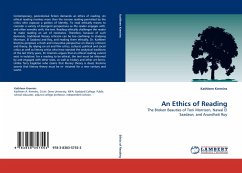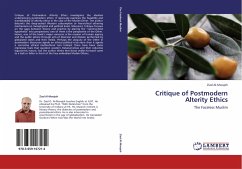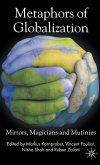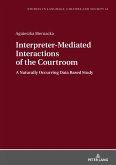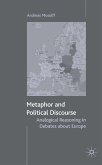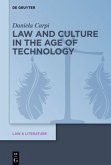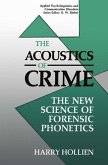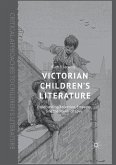Contemporary, postcolonial fiction demands an ethics of reading. An ethical reading involves more than the narrow reading permitted by the critics who espouse a politics of identity. To read ethically means to consider a variety of divergent perspectives as the reader engages with, and often wrestles with, the text. Reading ethically challenges the reader to make reading an act of resistance. Therefore, because of such demands, traditional literary criticism can be too confining. In studying Morrison, El Saadawi and Roy, and reading them ethically, Dr. Kathleen Kremins proposes a fresh and innovative perspective on literary criticism and theory. By relying on art and film critics, cultural, political and social critics as well as literary critics who have rejected the analytical traditions of the last thirty years, Dr. Kremins argues that an ethical reading cannot exist in isolation; for a reading to be ethical, the text must be informed by and engaged with other texts, as well as history and other art forms. Unlike Terry Eagleton who claims that literary theory is dead, Kremins asserts that literary theory must be re- visioned for a new century and world.
Bitte wählen Sie Ihr Anliegen aus.
Rechnungen
Retourenschein anfordern
Bestellstatus
Storno

